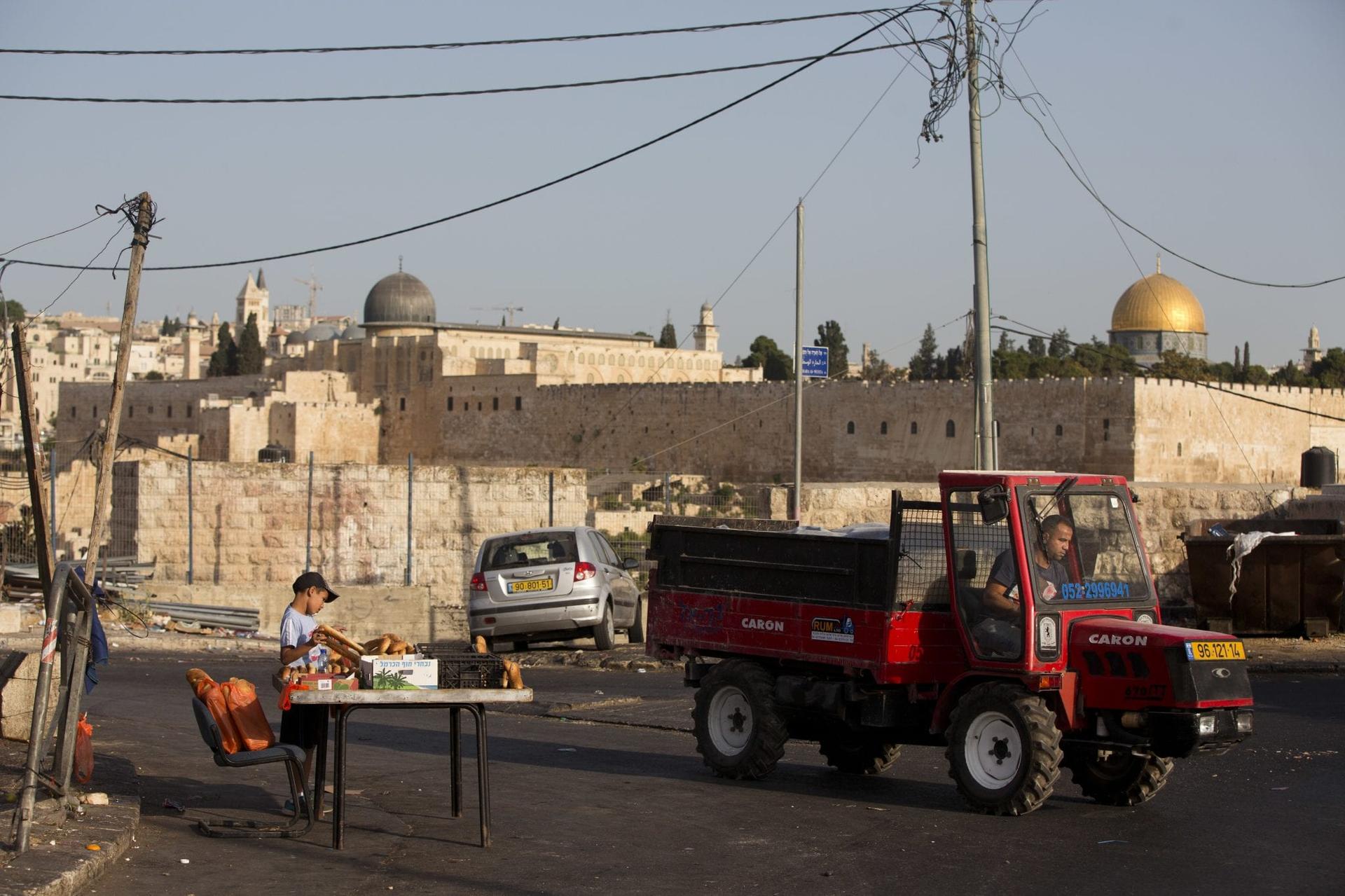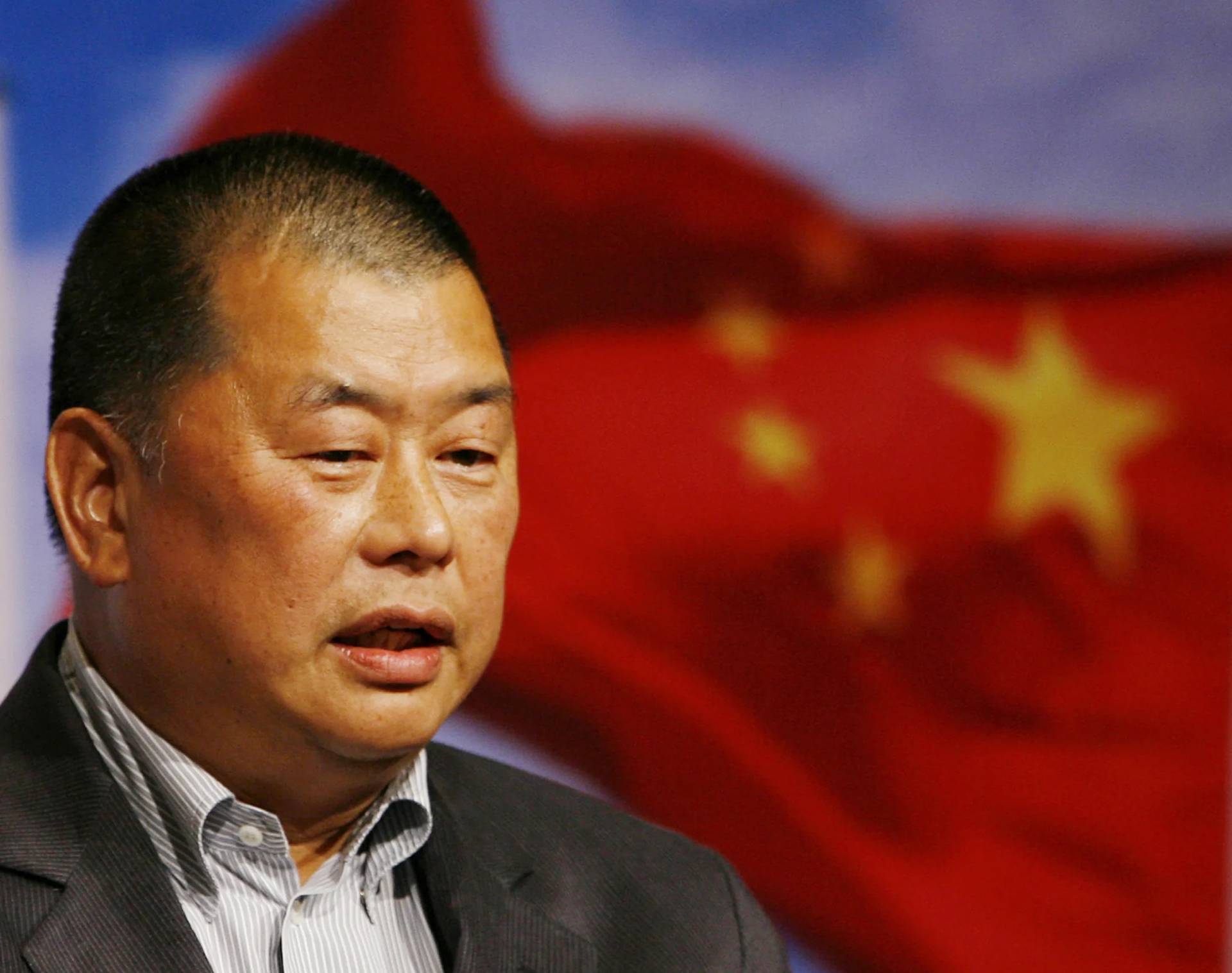JERUSALEM — Jordan’s foreign minister, Ayman Safadi, said on Tuesday the kingdom wants the situation at a major Jerusalem shrine returned to the way it was before the recent crisis over security measures there, which left at least 7 people dead.
Israel has begun dismantling metal detectors it installed a week earlier at the gates of the Temple Mount following widespread Muslim protests.
The removal is meant to defuse escalating tensions between Israel and the Muslim world, including key security ally Jordan. The kingdom is the Muslim custodian of the shrine that is also holy to Jews, and it has played a key role in trying to resolve the crisis.
The Temple Mount contains the remnants of the old Jewish Temple built by Herod, and is the location of the Western Wall, which currently serves as the Jewish place of prayer, and is called the Noble Sanctuary by Muslims.
The site is one of several governed by what is known as the “Status Quo,” an arrangement guaranteed by the Ottoman government in the 18th and 19th centuries laying out who controls aspects of seven sites in Jerusalem and two sites in Bethlehem.
Seven of these sites are Christian, and responsibility is shared between different Churches, and two – the Western Wall/Noble Sanctuary in Jerusalem, and Rachel’s Tomb in Bethlehem – are shared between Jews and Muslims.
Under the Status Quo, even the smallest change to any site must be approved by all the involved parties, and the unilateral installation of metal detectors could be seen as violating the principle.
RELATED: Christian leaders worry about Status Quo in Jerusalem
Hala Akhbar, a news site linked to the country’s military, quoted Safadi saying Jordan’s King Abdullah II had “led the crisis in a way to preserve the status quo, and revoking all the new measures on the ground.”
It remains unclear if Muslim religious leaders will accept a decision by Israel’s security Cabinet early on Tuesday to replace the metal detectors with “sophisticated technology,” reportedly cameras that can detect hidden objects.
Ikrema Sabri, the head of the Supreme Islamic Committee in the city, said Muslims should stay away from the shrine, pending a review of the new Israeli security arrangements.
Israel installed the metal detectors in response to an Arab attack that killed two Israeli police guards at the Muslim-administered area of the site.
Muslims alleged Israel was expanding control at the site under the guise of security. Israel has denied this.
Several incidents of violence have been attributed to the crisis over the past few days.
Three Palestinians were killed and several dozen wounded by live rounds and bullets over the weekend in some of the worst street clashes in two years. Three members of an Israeli family were killed by a Palestinian in the West Bank.
One Jordanian, 16-year-old Mohammed Jawawdeh, was killed during an altercation with a guard outside the Israeli Embassy in Amman. Jordanian police said the teen attacked the guard with a screwdriver during a furniture delivery, and that the Israeli opened fire, killing Jawawdeh and a bystander.
Safadi did not mention the new Israeli proposal at the site and it is unclear what Jordan’s position is on the issue.
Speaking during the Sunday Angelus, Pope Francis had called for “moderation and dialogue,” and asked for prayers that both sides come together with proposals for reconciliation and peace.
The Heads of Churches in Jerusalem – which includes the leaders of local Catholic, Orthodox, and Protestant communities – issued a statement on the conflict on Wednesday.
“We are worried about any change to historical (Status Quo) situation in al-Aqsa Mosque (Haram ash-Sharif) and its courtyard, and in the holy city of Jerusalem,” the statement reads. “Any threat to its continuity and integrity could easily lead to serious and unpredictable consequences, which would be most unwelcome in the present tense religious climate.”
RELATED: Middle East church leaders plan for more marriage prep, counseling
Meanwhile, Turkish President Recep Tayyip Erdogan on Tuesday accused Israel of using the fight against terrorism as a pretext to take over holy sites in Jerusalem from Muslims, and called on all Muslims to defend the holy sites by visiting Jerusalem at every occasion or by sending aid to Muslims there.
Turkey has a long-standing relationship with Israel, although their ties have cooled since Erdogan first took power in 2003 as Prime Minister.
Erdogan welcomed the decision by Israel to remove the metal detectors at the Jerusalem shrine, but said Turkey would not accept measures that treat Muslims wanting to pray as “terrorists.”
He says that “what is being done now is using the fight against terrorism as a pretext to take al-Aqsa Mosque from the hands of Muslims. There is no other explanation.”
In Jordan, hundreds of mourners attended the funeral of Jawawdeh, the teen killed outside the Israeli embassy.
Mourners portrayed the teen as a “martyr” who died for Muslim rights at the Jerusalem shrine.
Crux staff contributed to this report.












